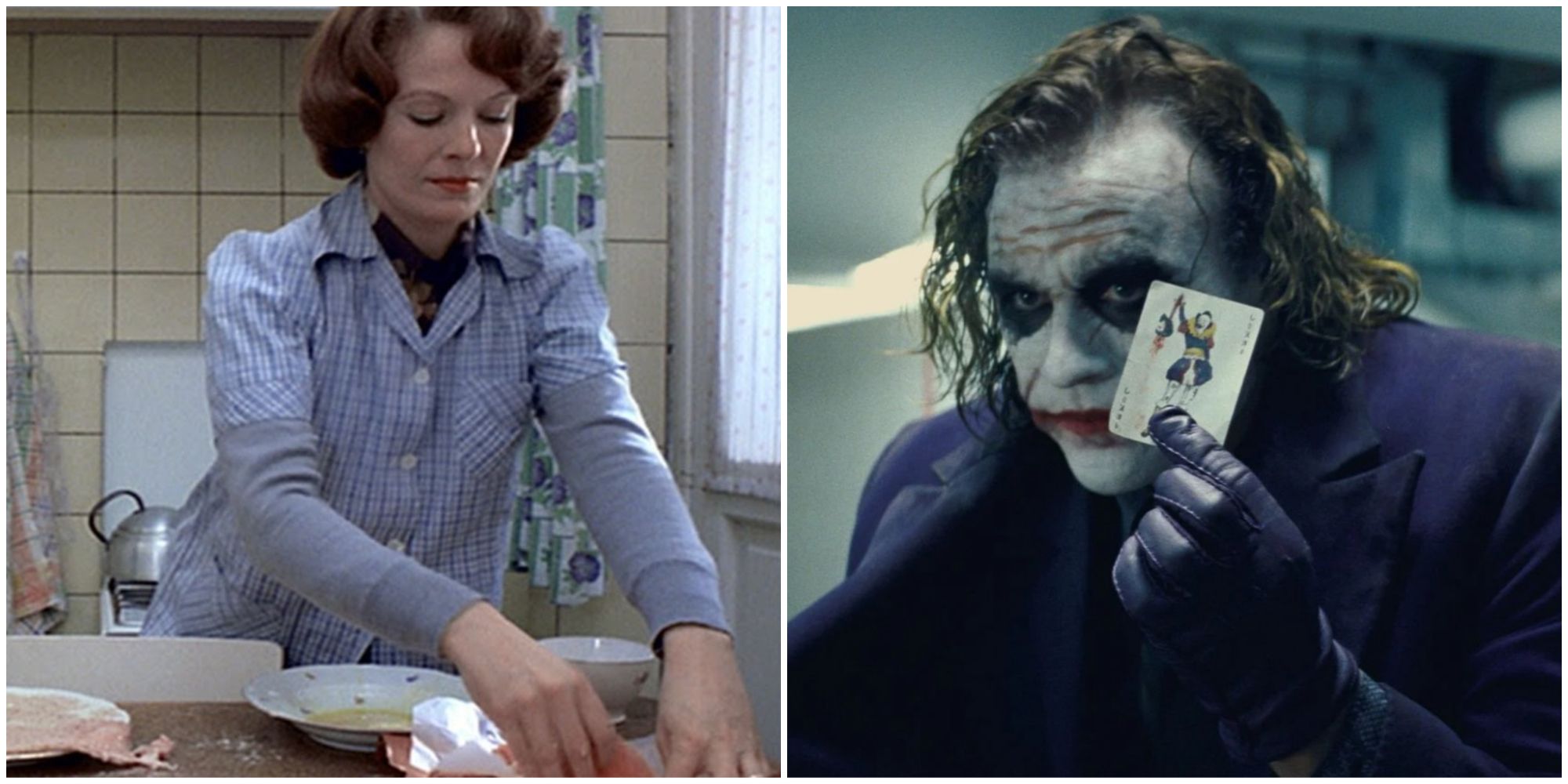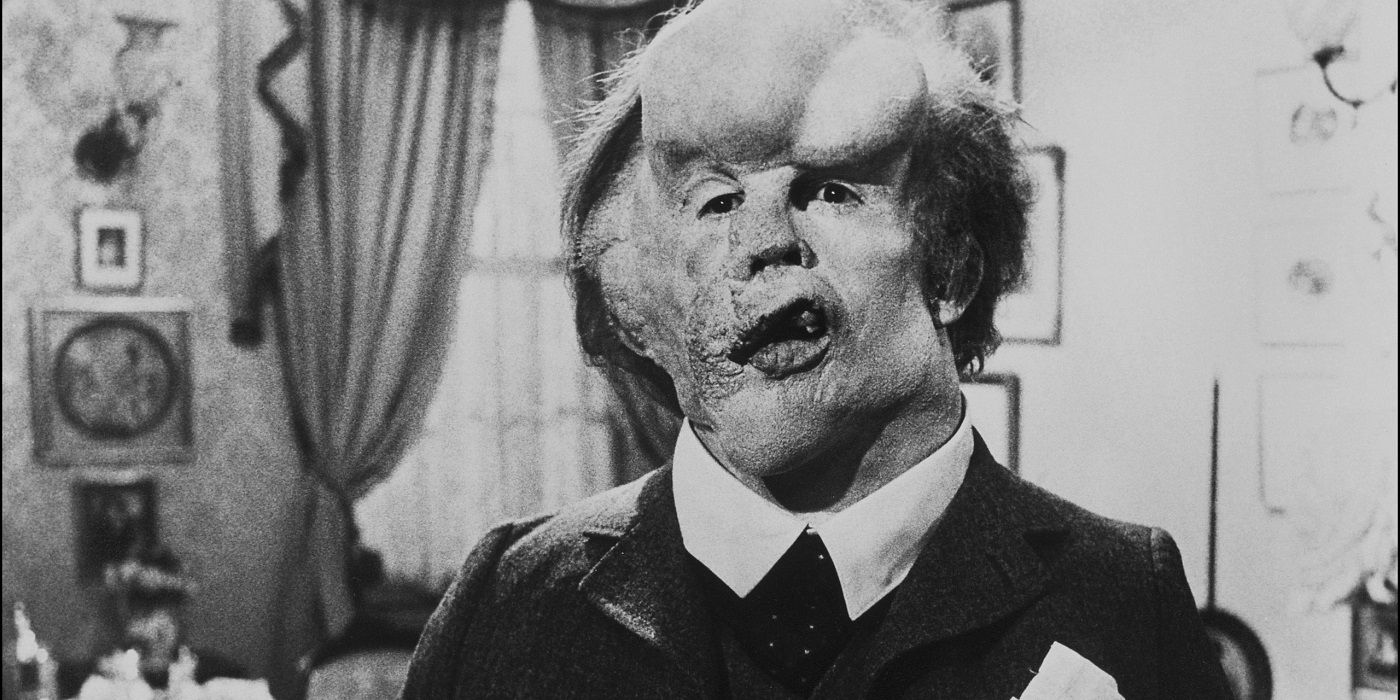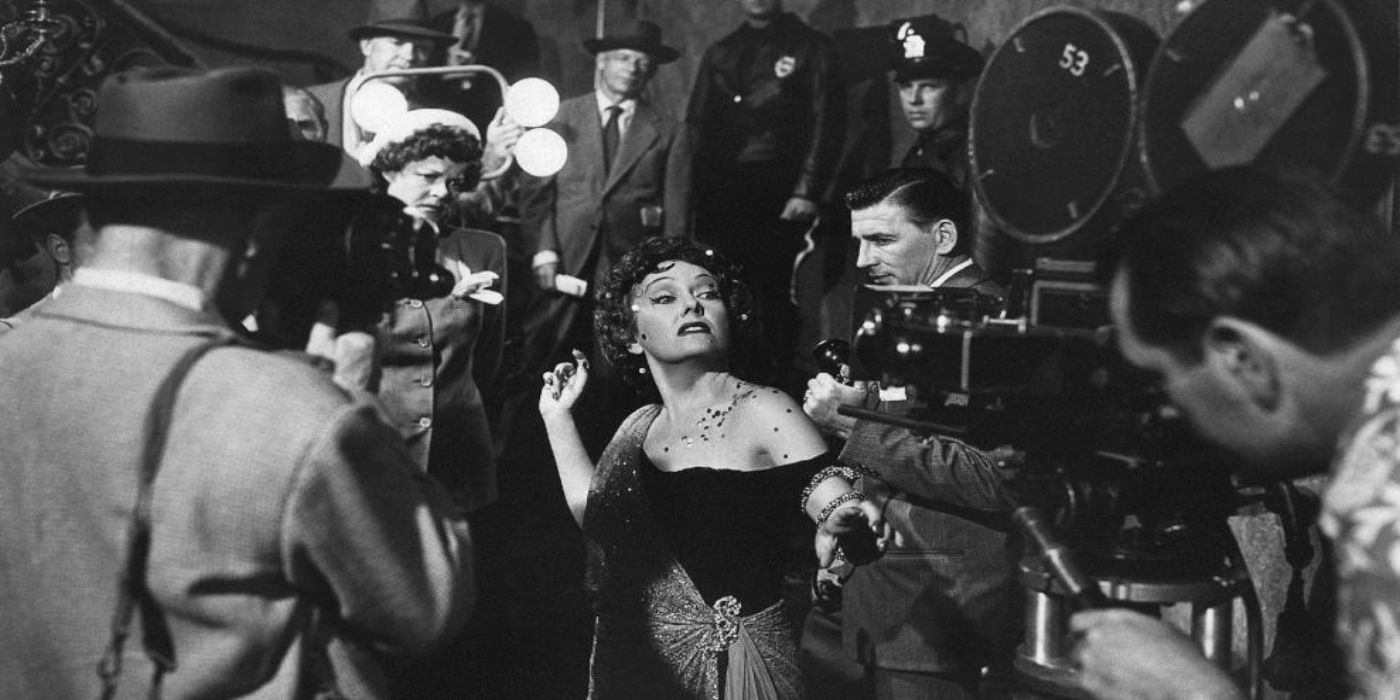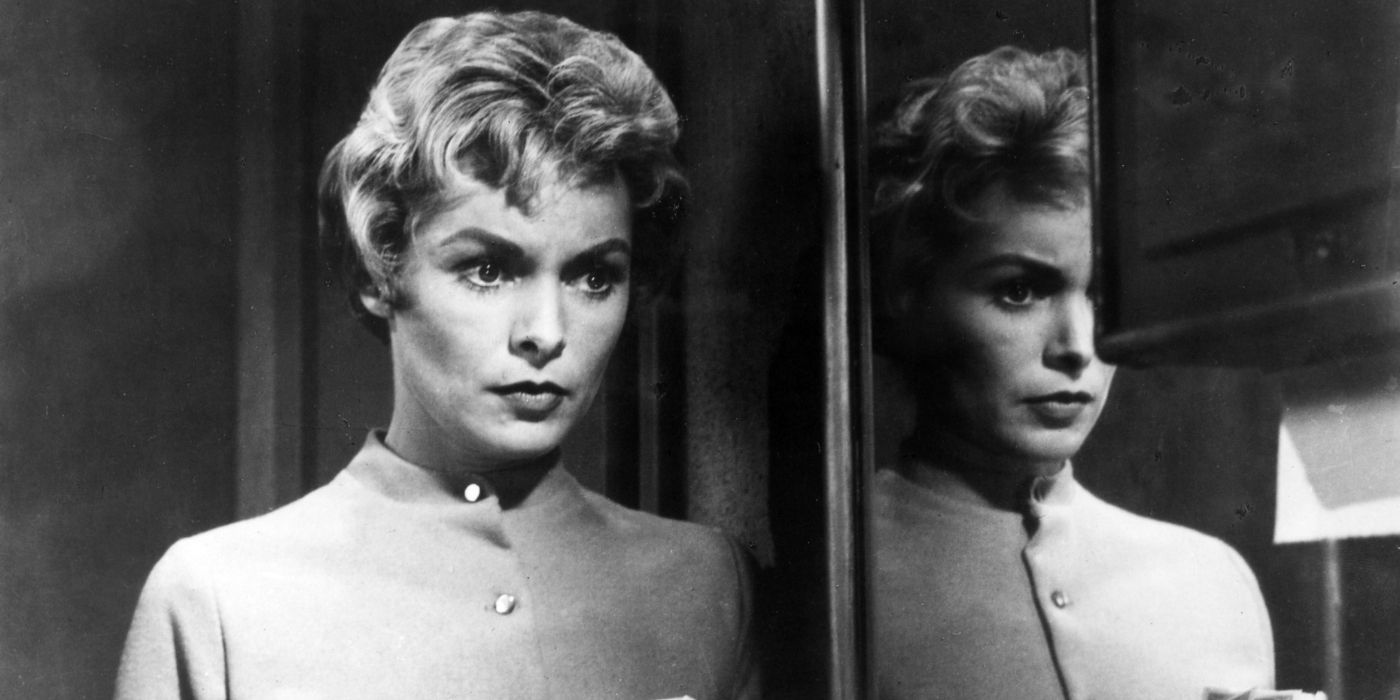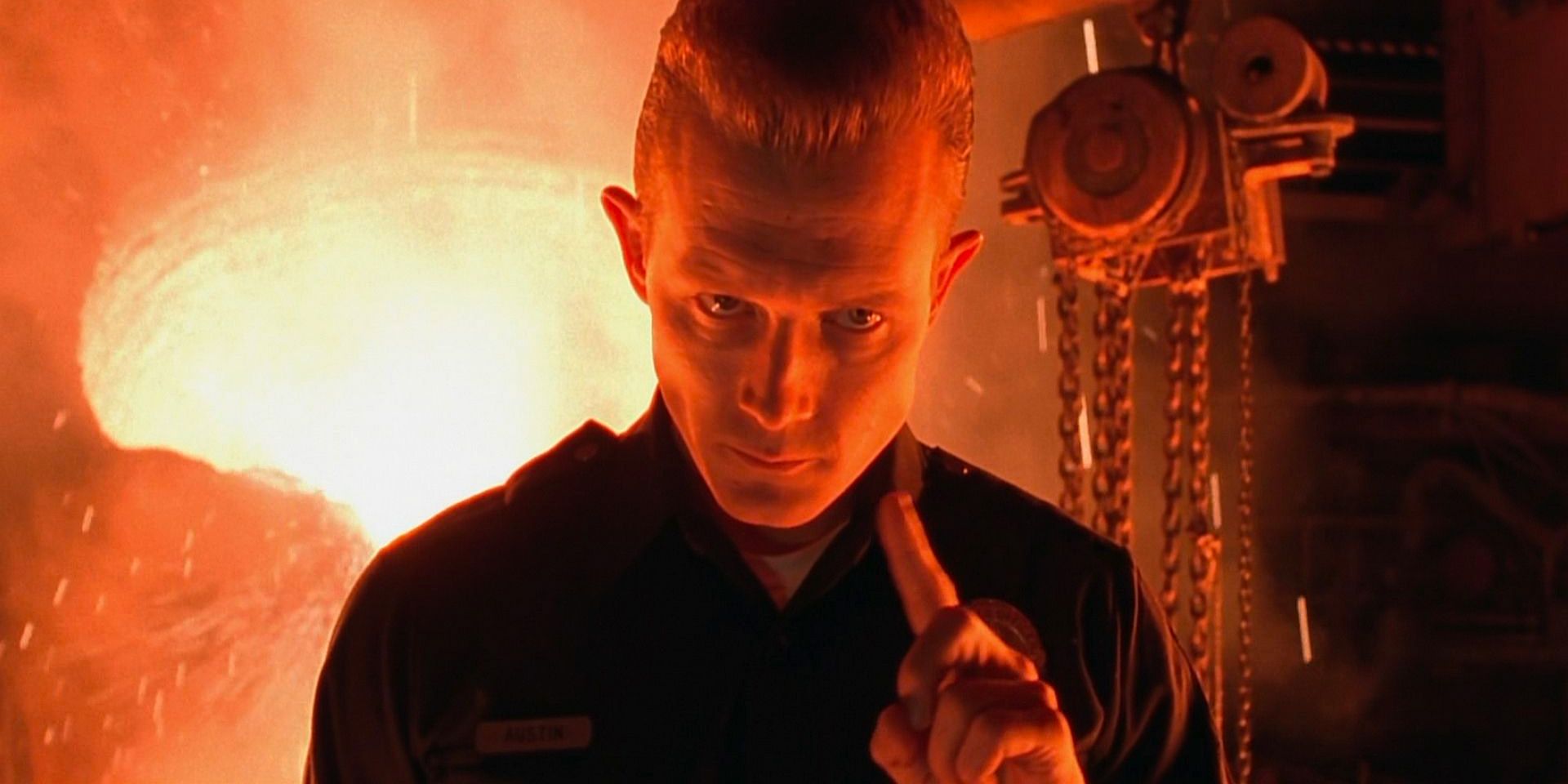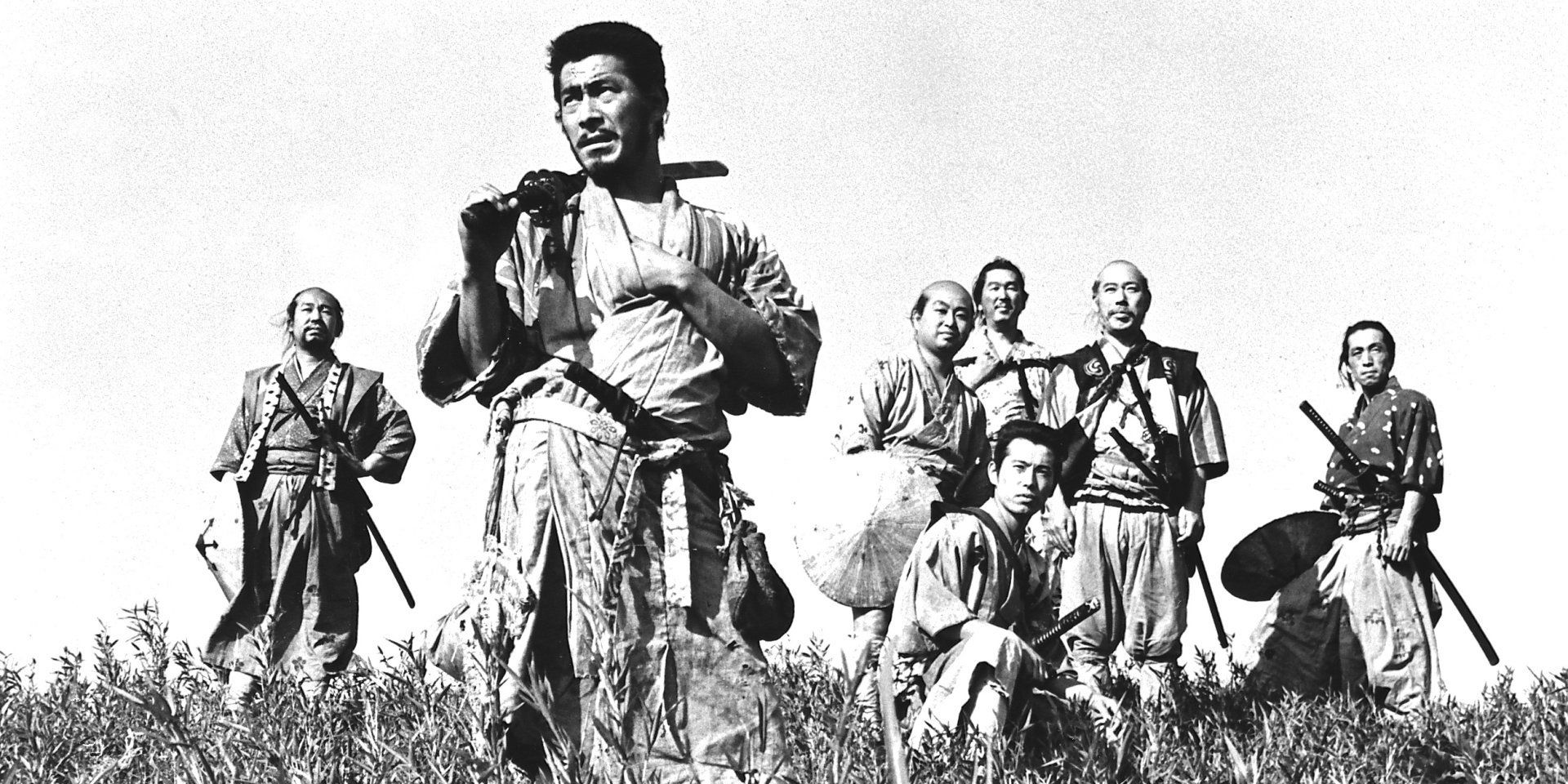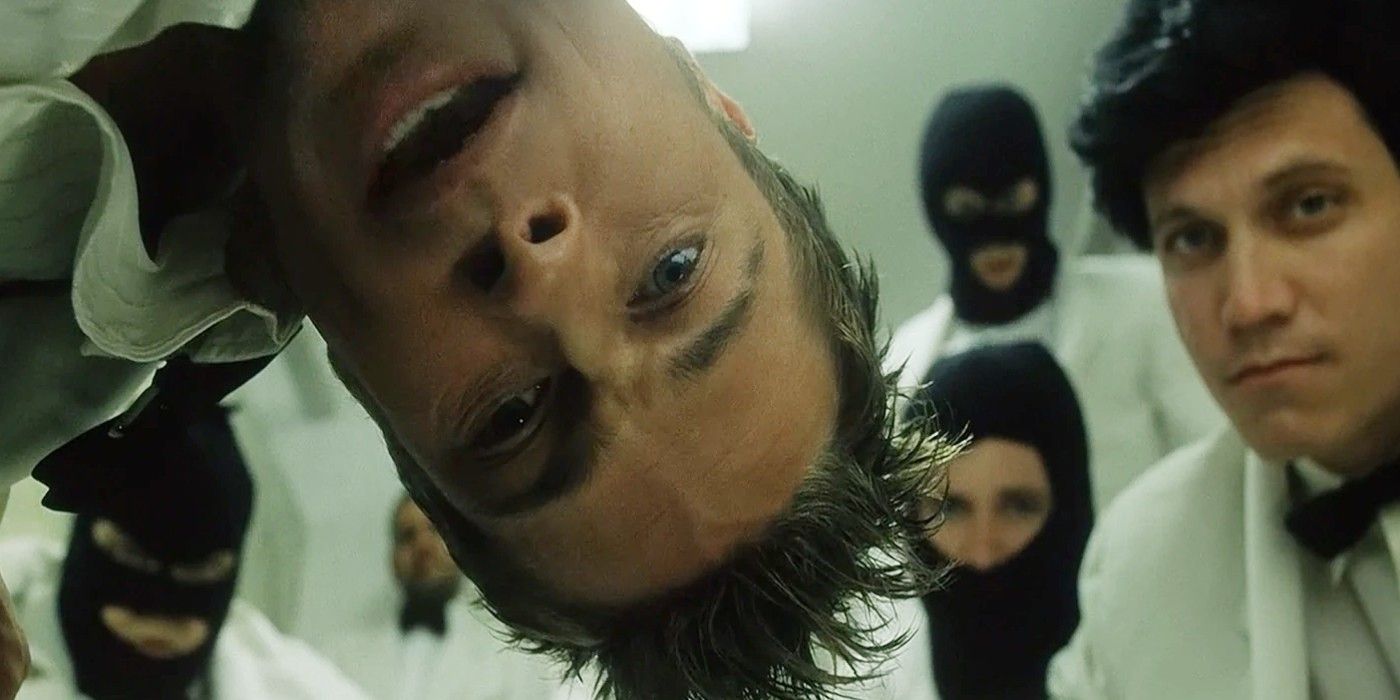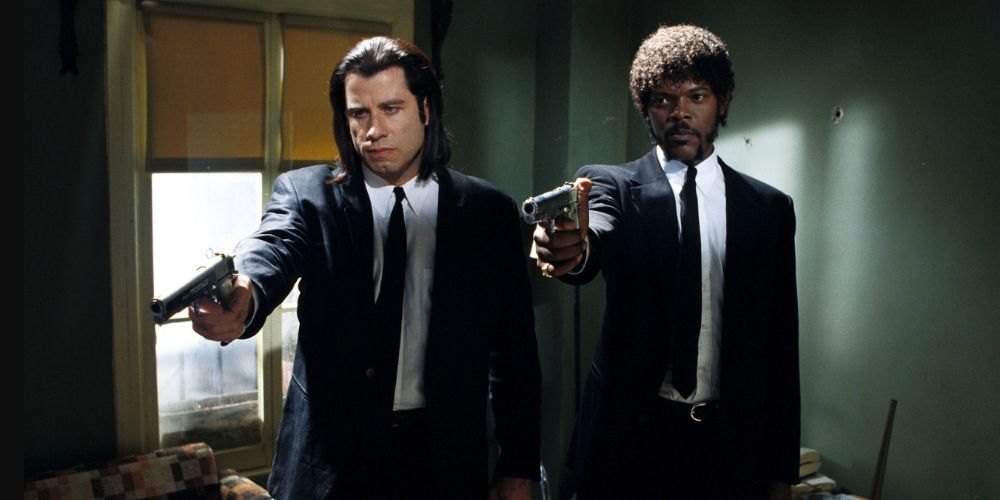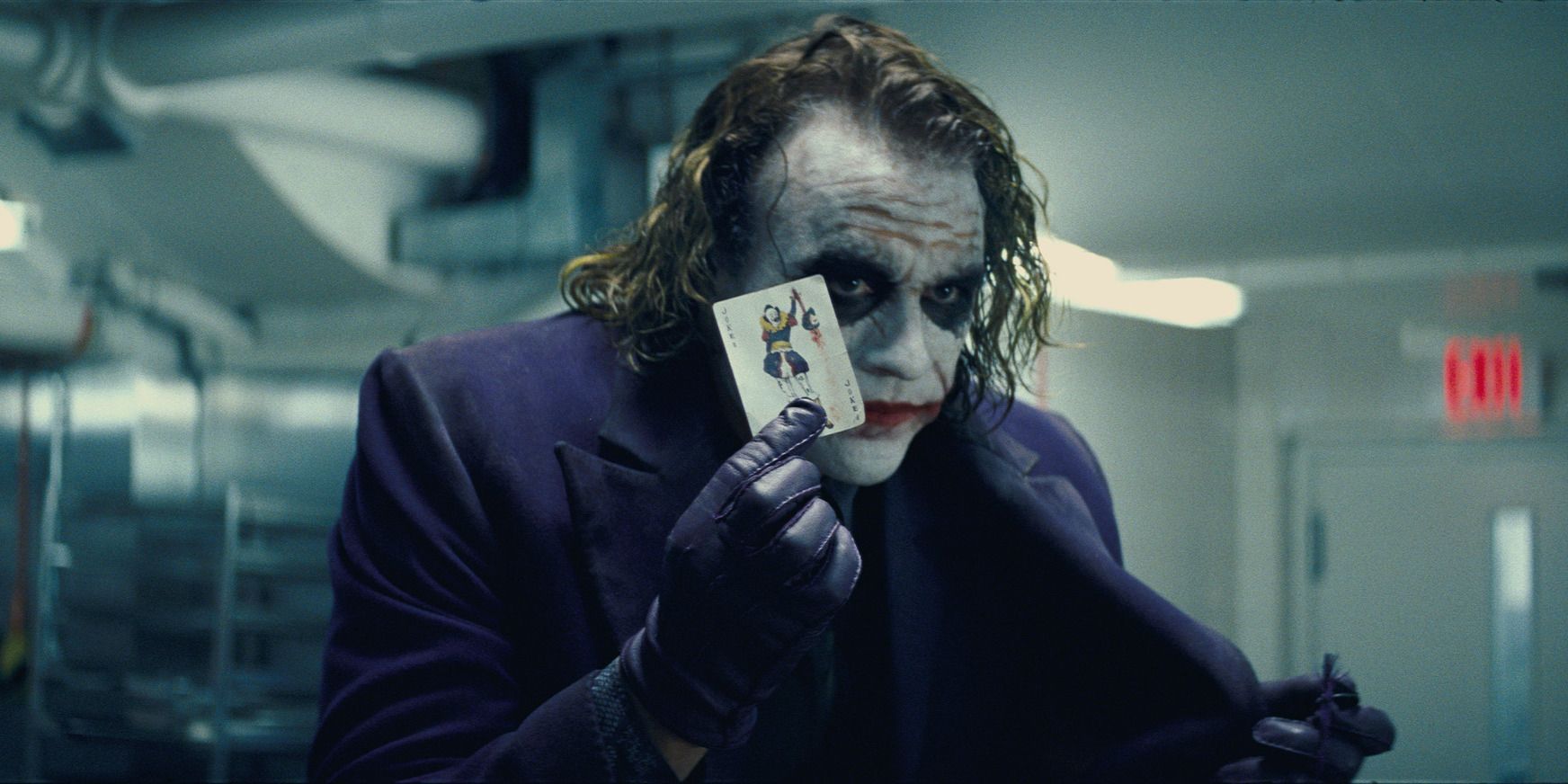The shape of cinema over the past century has been molded by countless hands — innovative minds have spent their entire lives perfecting the art, with each generation improving on their predecessors’ work. Although direction isn’t the only relevant aspect of filmmaking, it is arguably the most important: translating one’s vision into a movie requires a remarkably nuanced eye.
Directors come and go, but there is a handful who have inspired and influenced audiences on a global scale. Identifying prominent filmmakers is an easy task, but ranking their movies according to quality is an exercise in subjectivity. Fortunately, that’s where IMDb comes in.
10 Chantal Akerman’s Jeanne Dielman (1975) Is A Key Thread In The Fabric Of Cinema — 7.7
Jeanne Dielman, 23, quai du Commerce, 1080 Bruxelles is a Belgian arthouse movie by Chantal Akerman. The film takes a realistic approach to its titular protagonist, whose life is explored in microscopic detail. Jeanne Dielman was called a “masterpiece of the feminine” and soon turned synonymous with the women’s rights movements in 1970s Europe.
Akerman has no interest in being perceived as a feminist director because she “[doesn’t] think women’s cinema exists.” However, Jeanne Dielman is one of those movies that eventually become part of the cultural fabric by leaving themselves open to interpretation.
9 David Lynch’s The Elephant Man (1980) Was A Smash Hit And Earned Eight Oscar Nominations— 8.2
Critic Pauline Kael praised David Lynch’s abstract filmmaking aesthetic, calling him “the first populist surrealist.” His movies are so dense with information and complex themes that they all blend into “one large jigsaw puzzle of ideas.”
The Elephant Man is based on the real-life Joseph Merrick, a man whose deformities made him an object of fascination as well as ridicule in 19th century London. The film was a smash hit, earning eight nominations at the 1981 Oscars and ultimately winning none. Interestingly, Lynch downplays his trademark surrealism in The Elephant Man.
8 Stanley Kubrick’s The Shining (1980) Is One Of The Best Horror Films Ever Made — 8.4
As a pioneer of the New Hollywood Wave, critics acknowledge Stanley Kubrick’s output as “among the most important contributions to world cinema in the twentieth century.” He almost exclusively adapted his movies from short stories and books — The Shining is based on a Stephen King novel.
The author didn’t enjoy the movie adaptation of his book, much like Kubrick’s contemporary critics, but modern appraisals have reconsidered The Shining as one of the “best horror films of all time.” Kubrick only made two other movies following this one.
7 Billy Wilder’s Sunset Boulevard (1950) Has Retained Its Freshness For Several Decades — 8.4
Billy Wilder’s triumphant vision earned him 21 Academy Award nominations and five wins over the span of his long and esteemed career. Many of his movies are definitive examples of cinema’s Golden Age, such as The Lost Weekend (1945), Some Like it Hot (1959), and The Apartment (1960).
Time magazine described Sunset Boulevard as “Hollywood at its worst told by Hollywood at its best.” The film has retained its freshness for several decades, an impressive feat for a 1950 movie. That said, Sunset Boulevard owes its timeless charm to Gloria Swanson’s imposing presence.
6 Alfred Hitchcock’s Psycho (1960) Is Studied By Both Academics And Filmmakers — 8.5
Alfred Hitchcock was hailed as “the Master of Suspense” for his unprecedented direction style. He said that his “suspense work comes out of creating nightmares for the audience,” adding that viewers would be delighted “when [they] wake up because [they’re] relieved”.
Hitchcock’s films have won countless prestigious awards, including Oscars, BAFTAs, Golden Globes, and so on. Psycho, arguably his most popular movie, was the subject of a minor controversy when it was released. However, Psycho gradually gained critical popularity and is now widely studied by both academics and filmmakers.
5 James Cameron’s Terminator 2 (1991) Is One Of The Best Sci-Fi Movies Out There— 8.6
James Cameron’s body of work is filled with blockbusters, from Aliens (1986) and True Lies (1994) to Titanic (1997). Avatar (2009), officially the highest-grossing movie of all time, revolutionized the field of visual effects. Cameron’s “genre-spanning work, lofty ambitions, and unrestrained energy” explains why he’s called “the king of hi-tech thrillers.”
Terminator 2: Judgment Day was a massively expensive project, running over $100 million in production costs, but it ended up securing over five times its budget at the box office. The juxtaposition between T-800 and T-1000 highlights several questions about consciousness and morality, especially since the technologically advanced model is depicted as emotionally stunted.
4 Akira Kurosawa’s Seven Samurai (1954) Never Lets Its Audience Lose Interest— 8.6
Akira Kurosawa influenced dozens of modern filmmakers, including Steven Spielberg, Federico Fellini, Satyajit Ray, Andrei Tarkovsky, and Robert Altman. Kurosawa is best known for his epic drama Seven Samurai, which he edited and scripted in addition to directing.
The film has been “remade, reworked, referenced” so many times in pop culture that it became a living entity in its own right. Seven Samurai is a cinematic jewel that “never lets audiences lose interest” over the course of its 3.5-hour runtime.
3 David Fincher’s Fight Club (1999) Is An Era-Defining Masterpiece— 8.8
David Fincher “challenges the status quo” in practically every film he makes, from the critically panned Alien 3 (1992) to the critically acclaimed Gone Girl (2014). Interestingly, he is also known for directing iconic music videos for Madonna’s “Express Yourself” and “Vogue.”
Fincher’s Fight Club “touched a nerve in the male psyche that was debated in newspapers across the world.” This era-defining movie distills the feelings of bitterness experienced by 90s men into a deeply satirical black comedy. Parsing Fight Club into its constituent elements is pointless — the story is inherently greater than the sum of its parts.
2 Quentin Tarantino’s Pulp Fiction (1994) Defined Him As An Influential Director — 8.9
Quentin Tarantino is famous for packing his movies with references and homages to popular culture, a tactic that stacks spectacularly well with nonlinear plotlines and bloodcurdling violence. Filmmaker Peter Bogdanovich has defined Tarantino as “the single most influential director of his generation.”
Tarantino is most associated with Pulp Fiction, a self-referential masterpiece that won the Cannes’ Golden Palm and garnered near-universal praise for its direction, screenplay, and cast. Pulp Fiction‘s “scruffy, fanzine” aesthetic “represents the final triumph of postmodernism.”
1 Christopher Nolan’s The Dark Knight (2007) Was IMDb #1 For A Short Time — 9.0
Christopher Nolan’s existentialist perspective is clear in most of his work. Director Guillermo del Toro endorsed Nolan’s unorthodox style, calling the latter “an emotional mathematician” for elegantly conveying the overarching narrative without losing sight of individual character arcs.
The Dark Knight is unquestionably Nolan’s best-reviewed movie to date, earning widespread acclaim from reviewers, audiences, and scholars of cinema. In the weeks following its release, The Dark Knight climbed to the very top of the IMDb rankings, outpacing The Godfather (1972) and The Shawshank Redemption (1994). The film has since slid down to #3.
Read Next
